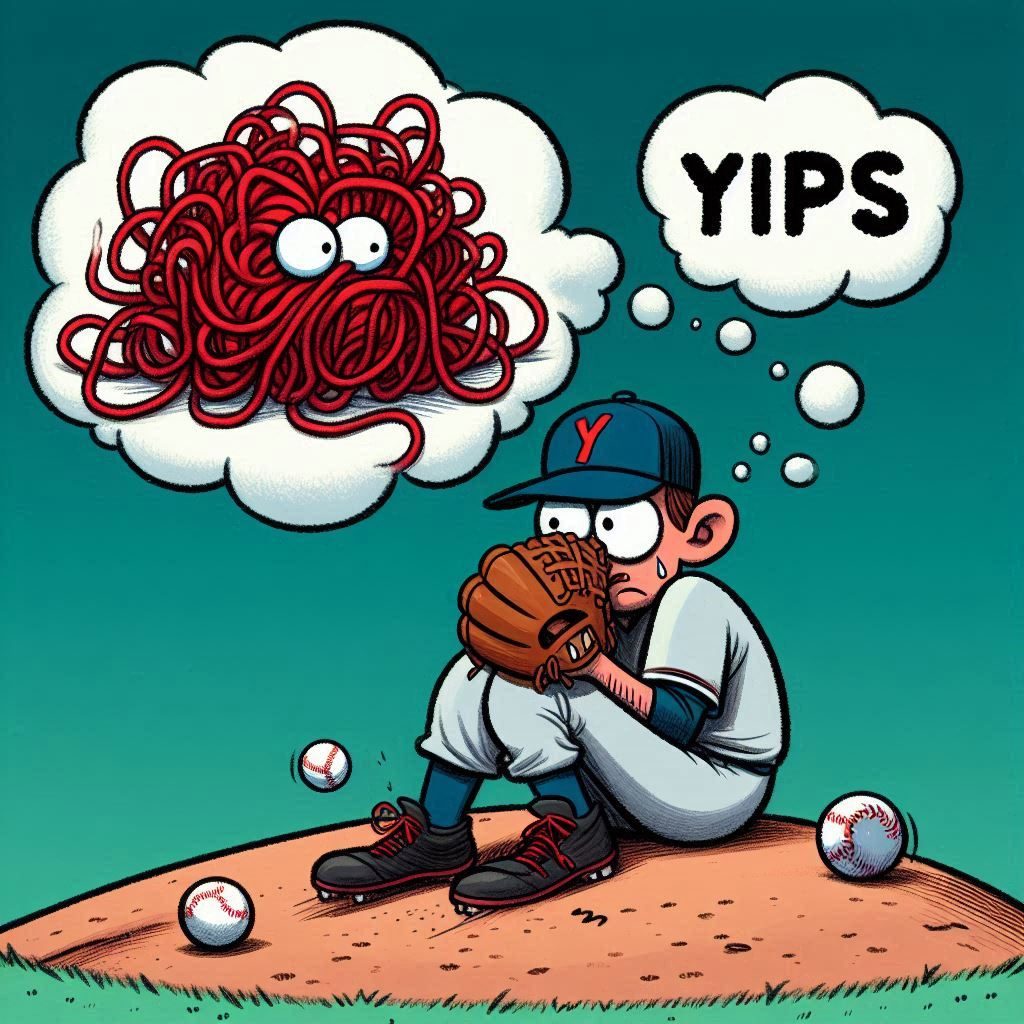The Nickname Game: A Quirk of Cricket Commentary
The Tradition of Nicknames
Cricket, a sport steeped in tradition and camaraderie, has a unique feature that sets it apart from many other sports – the use of nicknames in commentary. These monikers often stem from a player’s style, physical attributes, or even a humorous incident. For instance, Australian cricketer Glenn McGrath was often referred to as “Pigeon” due to his thin legs, while Sachin Tendulkar of India is fondly known as “Little Master” for his stature and skill.
The use of nicknames adds a layer of familiarity and camaraderie, reflecting the close-knit nature of the cricket community. It’s a way for commentators to connect with the audience and make the players more relatable.
The Impact on the Game
The use of nicknames in commentary can make the game more entertaining for the audience. It adds a personal touch, making players more memorable and their exploits more legendary. Imagine the thrill of hearing “the Turbanator” has taken another wicket, or “the Wall” has stood firm yet again. These nicknames stick in the minds of fans, becoming synonymous with the players themselves.
However, it’s a delicate balance. Overuse or inappropriate nicknames can come off as unprofessional or disrespectful, detracting from the seriousness of the game. It’s important for commentators to use nicknames judiciously and with respect for the players.
Audience Expectations and Commentary Quality
The audience, undoubtedly, plays a pivotal role in the world of cricket. They are the ones who bring life to the stadiums, cheer for their teams, and passionately follow the sport. Therefore, they deserve a commentary that enhances their viewing experience, rather than detracting from it.
The use of nicknames, while entertaining to some, may not appeal to everyone. Some fans might prefer a more traditional commentary style that focuses on the technical aspects of the game, player strategies, and in-depth analysis. They might find the excessive use of nicknames distracting or even annoying.
In this context, it’s important for commentators to be adaptable and responsive to their audience’s preferences. They should aim to provide a balanced commentary that caters to a wide range of fans – those who enjoy the fun and familiarity of nicknames, and those who prefer a more analytical and serious commentary.
Ultimately, the quality of cricket commentary should not be judged solely on the use of nicknames, but on the commentator’s knowledge of the game, their ability to provide insightful analysis, and their skill in keeping the audience engaged and entertained. After all, the audience does deserve the best.
The Way Forward
While the tradition of nicknames is unlikely to disappear, there’s room for improvement in cricket commentary. Commentators could strive to make their commentary more engaging and entertaining without relying solely on nicknames. Insightful analysis, interesting anecdotes, and a deep understanding of the game can all contribute to a richer commentary experience.
For instance, commentators could share more about the strategies employed by the teams, the conditions of the pitch, or the significance of a particular match in the context of the tournament. They could also share interesting trivia about the players or the history of the game. This would not only make the commentary more informative but also more engaging for the audience.
The Perception of the Sport and Commentators
While nicknames can add a layer of entertainment and familiarity to cricket commentary, it’s important to consider the potential downsides. Some critics argue that the use of nicknames can make cricket seem less serious or even ‘stupid’. They believe that it can detract from the professionalism and dignity of the sport. Similarly, commentators who overuse or misuse nicknames can come across as immature or incompetent, potentially undermining their credibility. It’s crucial for commentators to strike a balance – using nicknames to enhance the audience’s connection with the players and the game, while maintaining the respect and seriousness that the sport deserves. After all, effective commentary is an art that requires not just knowledge of the game, but also a keen sense of timing, a respect for the players, and an understanding of what the audience values.
In conclusion, nicknames in cricket commentary are a quirky tradition that, when used appropriately, can enhance the charm of the game. However, they should not be the sole focus of commentary, which should aim to be informative, engaging, and respectful.
Join the discussion below and share your thoughts, stories & comments on this topic!
#CricketCommentary #NicknameGame #CricketCulture #SportsTradition #CricketCommunity #GameAnalysis #CricketInsights #RespectInSport #EngagingCommentary #CricketDiscussion

